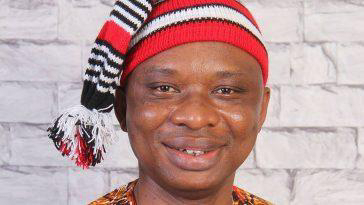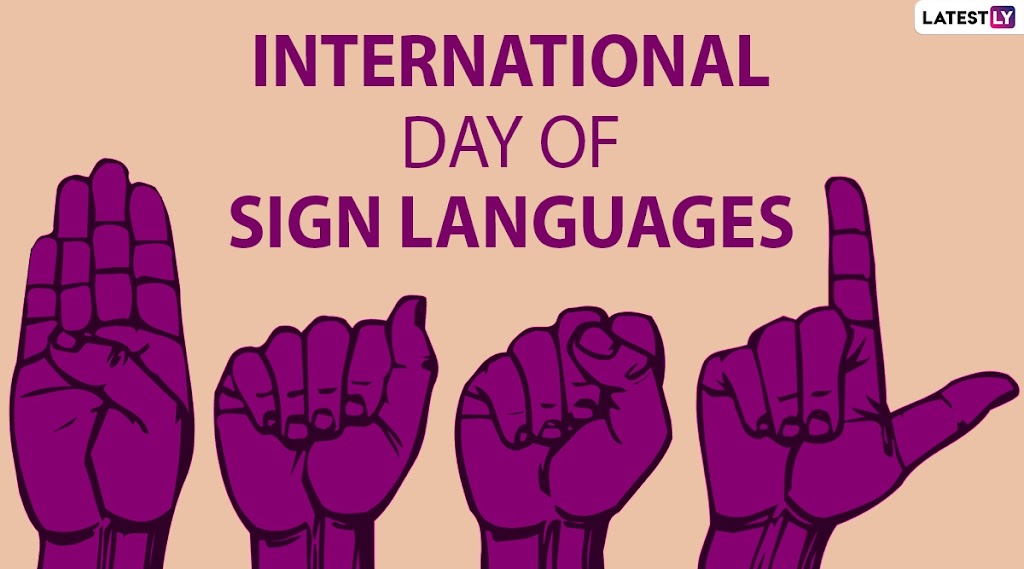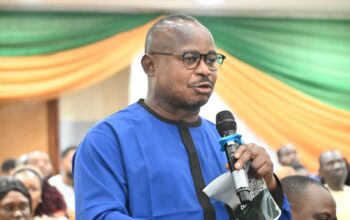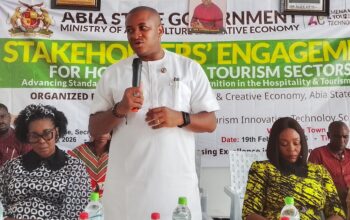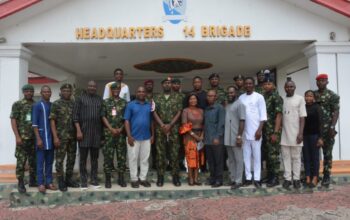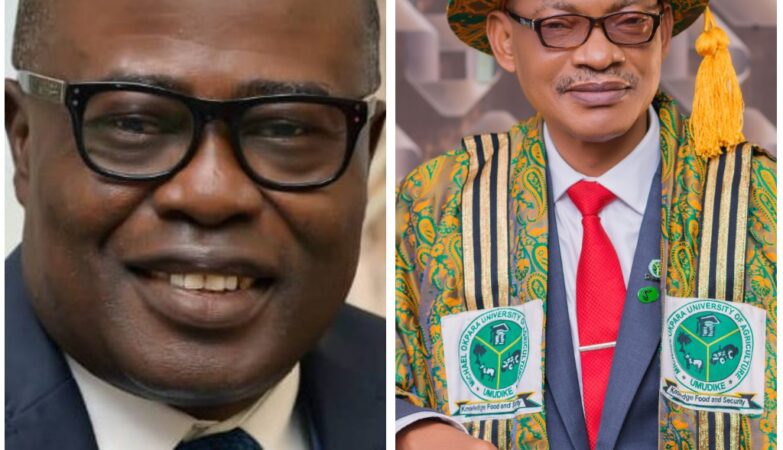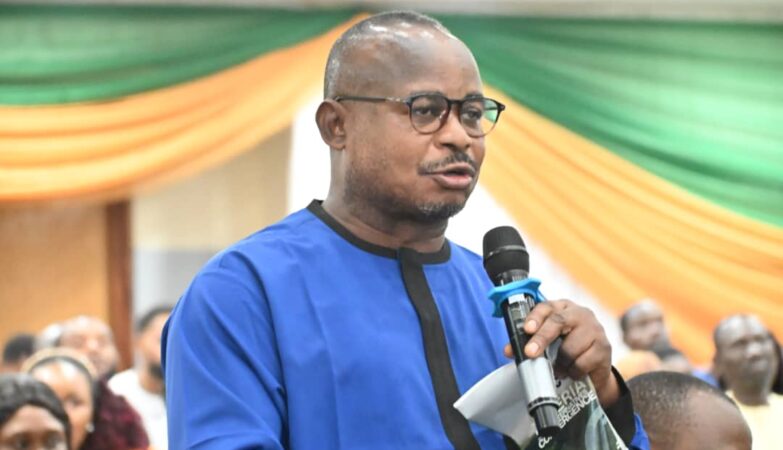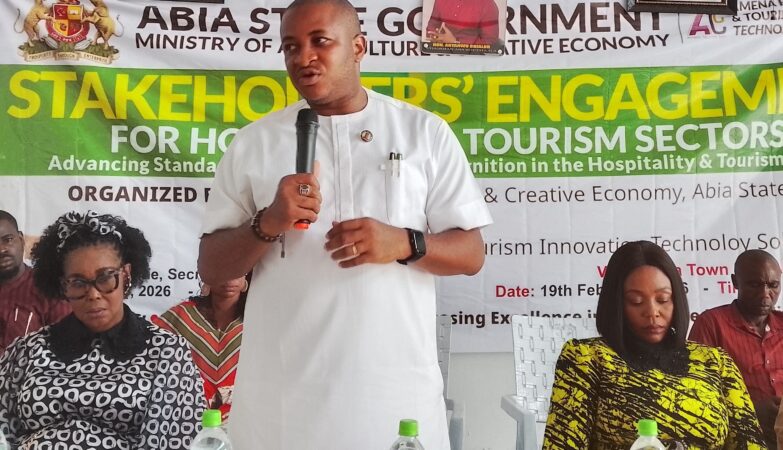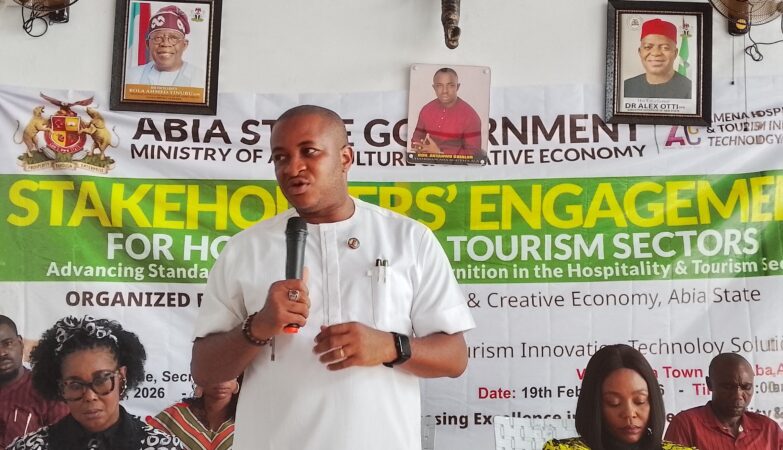Stakeholders have stressed the need to establish sign languages interpreters in various institutions to accommodate the deaf community in the scheme of things and any other form of disability.
This is coming as today marks International Day of Sign Languages, which is a unique opportunity to support and protect the linguistic identity and cultural diversity of all deaf people and other sign language users.
The UN General Assembly has proclaimed 23 September as the International Day of Sign Languages in order to raise awareness of the importance of sign language in the full realization of the human rights of people who are deaf.
According to the World Federation of the Deaf, there are more than 70 million deaf people worldwide. More than 80% of them live in developing countries.
The International Day of Sign Languages was first celebrated in 2018 as part of the International Week of the Deaf.
The theme for 2022 International Day of Sign languages is “Sign Languages Unite Us”.
The Executive Director Centre for Citizens with Disabilities, CCD, David Anyaele while congratulating the deaf community as the beneficiaries of the day, also gave detailed explanations on the reasons behind the theme.
His words” This year’s international day of sign language is an opportunity for us to reflect on the extent we accommodate those that cannot speak the way we speak and especially those using sign language as a means of communication within our communities.
The theme of this years international day of sign language is ‘’Sign language unite us ‘’ in Nigeria ,we have many Nigerians in millions who have difficulty in hearing, the question is to what extent do we accommodate them and marking sure they are not left behind in participating in the social economic development of the state”.
He continued, “Therefore this year international day of sign language is an opportunity for us to ask ourselves the critical question of how we are carrying a person with difficulty in hearing along in governance in social economic development of the country”.
He also made a case for Nigeria to make adequate provision of sign language interpreters in hospitals, government offices, schools to mention but a few to relate and interpret with the deaf community, if not the deaf community will continue to suffer exclusion and marginalisation to hear what other people are saying on an equal basis.
“I want to believe that if we try our best to believe that no one is left behind by reason of difficulty in hearing and by reason of using sign language as a means of communication. It will go a long way not only to unite us, but also to ensure the security of all in a country that is diverse like Nigeria”.
“I congratulate the deaf community as they celebrate this year International day of sign language because they are the core beneficiaries. In Nigeria, we should ask ourselves how many people use sign language and how many sign language interpreters do we have in our schools, in our hospital, in government offices because without training or raising sign language interpreters who can be able to relate and interpret with our deaf community. Deaf community will continue to suffer exclusion , marginalization and discrimination by reason of there in ability to hear what other people are saying unequal basis . Therefore, I call on the state government the federal government of Nigeria to take appropriate measures to institutionalize sign language as a major language in Nigeria to ensure that Nigeria understandsstand sign language, awareness is created and capacity is built at critical national institutions to accommodate the deaf communities”.
On her part, Abia state sign language interpreter Esther Joseph advocated the establishment of interpreter Education programs in the institutions to reduce the burden of sign languages.
She stated that qualified men and women to be employed in various institutions to leasing the burden of deaf people.
However, sign languages are very important in the modern world to end any form of marginalisation against the deaf community.


